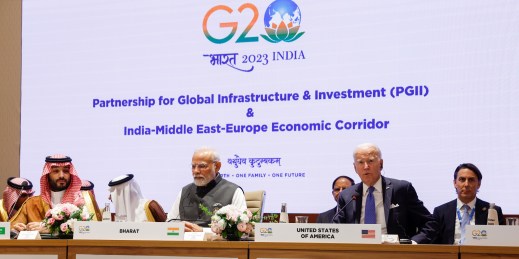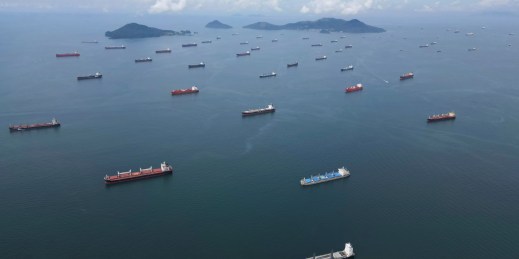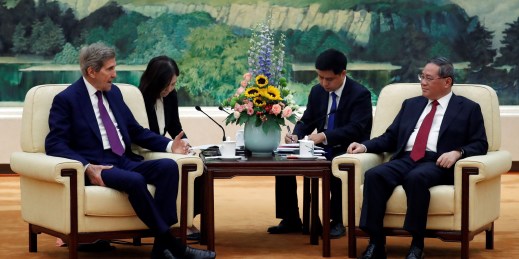
For Washington and Brussels, the IMEC trade corridor linking India, the Gulf and Europe is an effort to mold the resulting partnerships in line with Western interests. However, for India, the UAE and Saudi Arabia, their participation in the project does not reflect a desire to choose sides amid an era of great power competition.






